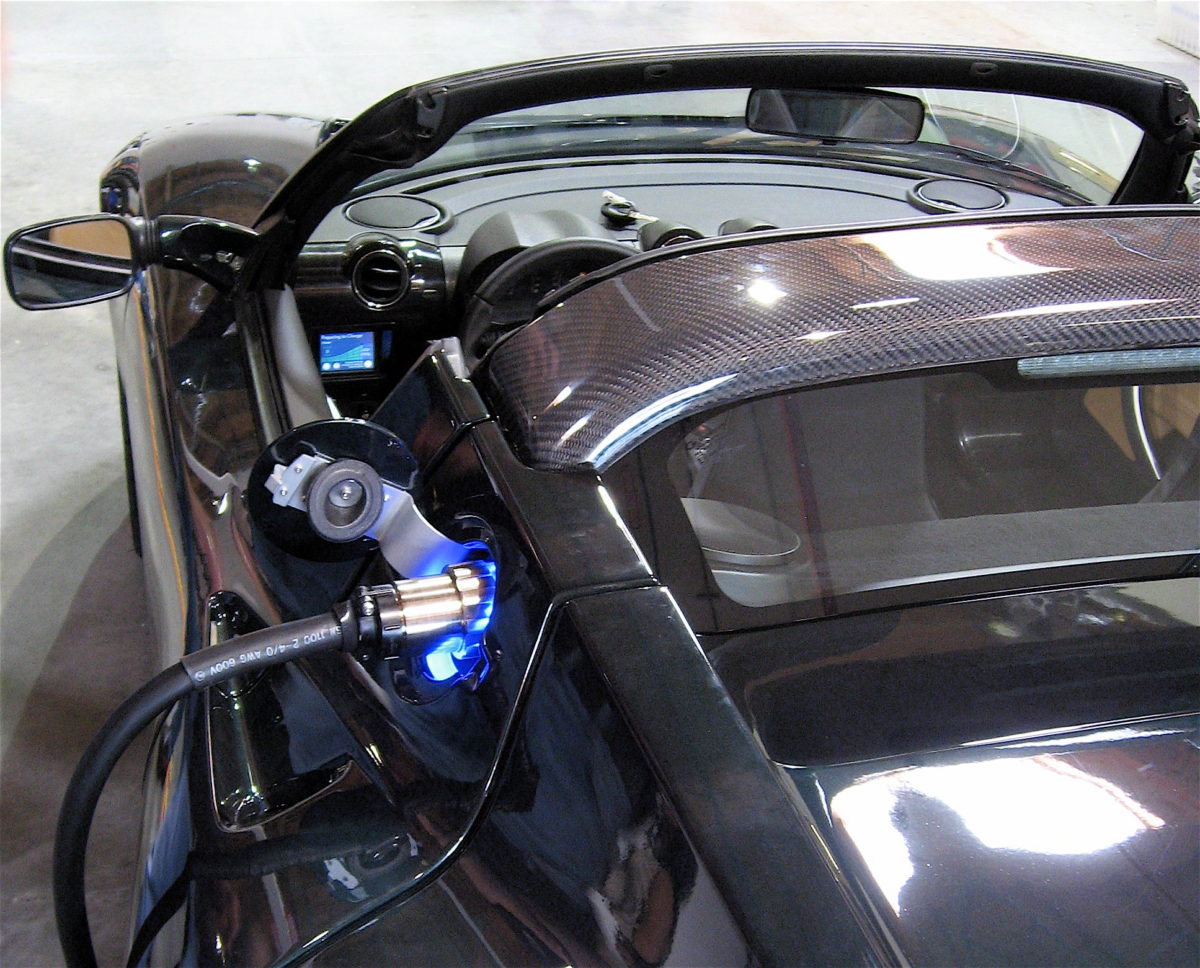Indonesia could be set to see rapid electric vehicle growth thanks to presidential decree 55/2019, which places stimulation of the EV market alongside energy efficiency and security; and clean air quality.
Under the terms of the new legislation, the nation is expecting EVs to make up 20% of the vehicle market by 2025.
While the decree offers support to EV importers for a limited time, the bulk of the incentives available are targeted at vehicles made from domestic components and at the providers of battery swap services and battery waste recycling, charging station installers and companies which accelerate the roll-out of other EV infrastructure.
In terms of domestic components, two-wheel EVs must have at least 40% Indonesian parts to qualify for subsidy from 2023 onwards and at least 80% from 2026. Four-wheel vehicles must be at least 35% made in Indonesia by 2021 and 80% by 2030.
Lithium resources
Johnny Darmawan, vice-chairman of the Indonesian Chambers of Commerce and Industry, told business intelligence website katadata.com Indonesia’s lithium deposits offered the opportunity for the nation to be the main source of EVs in the Association of Southeast Asian Nations as 60% of the cost of EVs was tied up in the battery. However, Darmawan added, additional measures such as a roadmap for EVs were required.
A plan for charging station roll-out is being drawn up by state-owned bodies including electric utility PLN, industrial electronic equipment company LEN, oil and gas business Pertamina, national toll operator Jasamarga and the Agency for the Assessment and Application of Technology (BPPT).
“At the end of 2018, we launched two fast-charging stations in Jakarta and Serpong, [in] South Tangerang,” said Eniya Listyani, head of the information technology, energy and materials division of the BPPT. “The one in Serpong is based on [a] 100 kWp rooftop photovoltaic [system] … We also conducted studies in [the] Nusa Penida, Sumbawa and Sumba areas, with optimal sunlight. We identified the location in Sumba, took time to set up [a 700 kWp capacity system] and to stabilize the voltage. Japan also supports us by supplying battery capacity. Currently, Mitsubishi [is establishing] a charging station there.”
Charging ahead
Listyani added the PLN aims to install 180 charging stations nationwide by working with Pertamina and the BPPT and LEN. The Jakarta Post newspaper reported each fast charging station costs IDR800 million ($56,900) and ultra-fast versions cost IDR1.5 billion. Fast charging facilities can reportedly charge an electric car in less than 30 minutes and ultra-fast chargers can do it in 10 minutes.
Indonesian news agency Kumparan has reported 36 companies took the Sertifikat Uji Tipe certification test this decade to operate new models on public roads. The 25 models which gained certification reportedly included Mercedes Indonesia’s Smart fortwo, Ludin Industry’s Zbee tuk-tuk, Great Asia Link’s ELVI, VIAR’s Triangle Motorindo and at least one Tesla model.
However, the Global Economic Risks and Implications for Indonesia report produced by the World Bank in September cast doubt on the nation’s plans to develop an EV industry, citing a lack of engineers, restrictions on foreign capital and non-tariff trade measures as obstacles to the ambition.
By Sorta Carol
This content is protected by copyright and may not be reused. If you want to cooperate with us and would like to reuse some of our content, please contact: editors@pv-magazine.com.



Aiming to become a hub for Asia and beyond, Indonesia hopes companies will start EV production in 2022 and for the share of EV output to succeed in 20% of total car production by 2025. However, they need to prioritize locally sourced components. Carmakers will need to increase the composition of domestic components to 80% by 2030, while motorcycle makers will need to reach that focus on by 2026, consistent with the govt source.